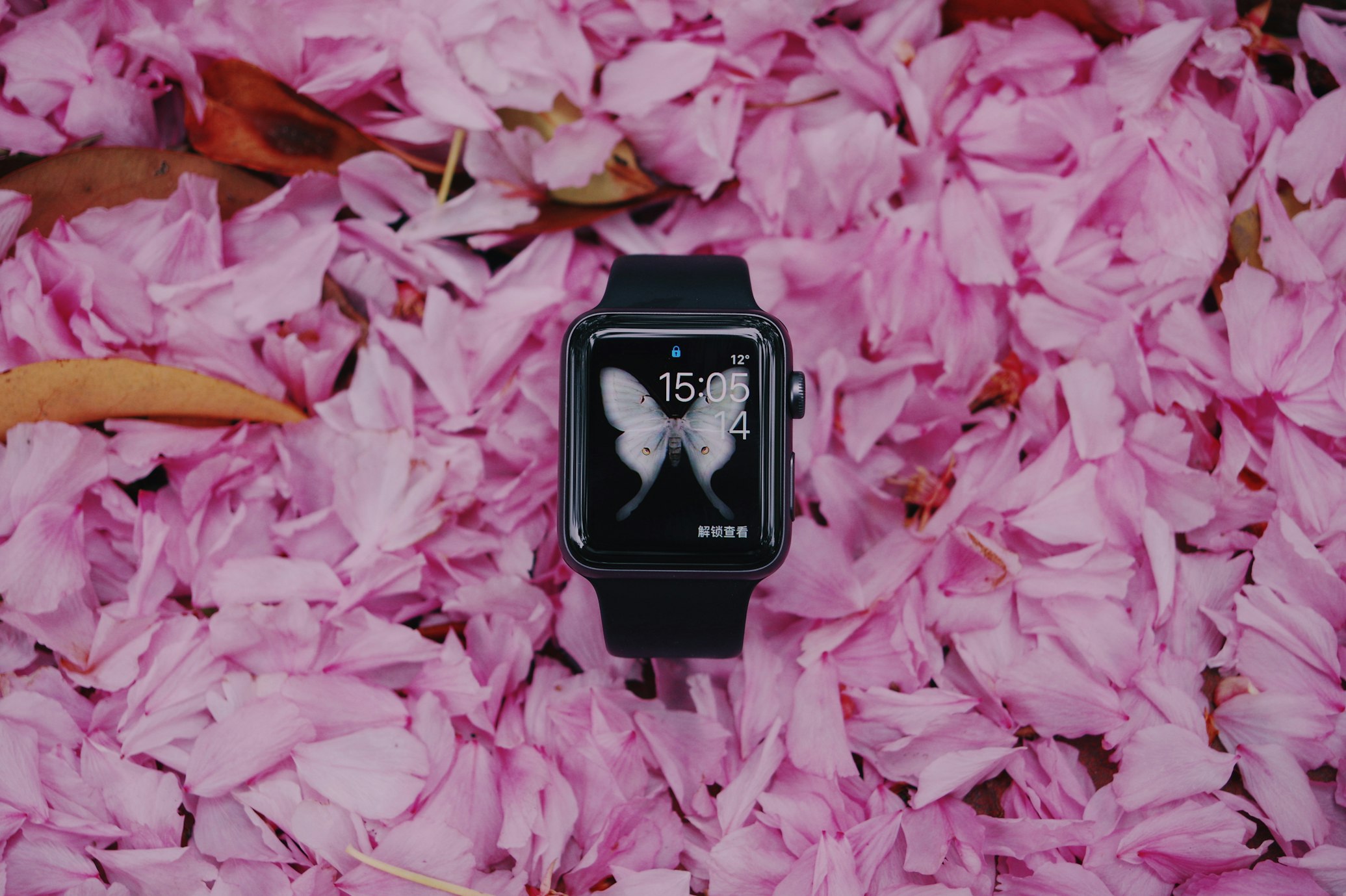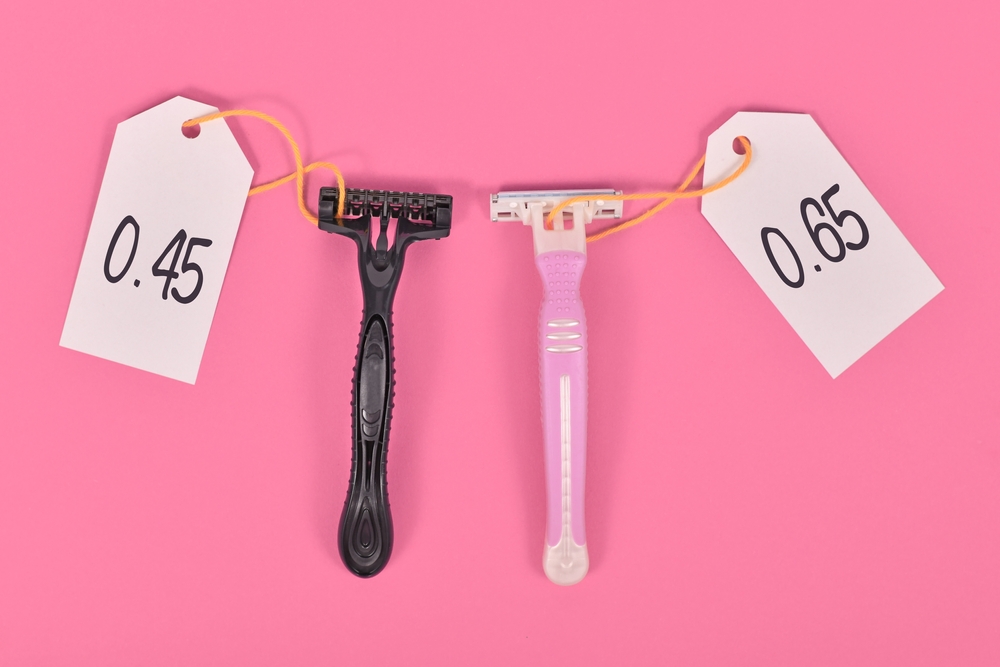
Ethan Xu (10) | STAFF REPORTER
“And it’s also a comprehensive health and fitness device.” That was the introduction of the Apple Watch all the way back in 2014. Smartwatches were advertised as this wonderful mini computer that was on your wrist, a multifunctional timepiece. While it was sold as a mini-wearable phone, another key selling point was fitness tracking. However, as smartwatches evolved, they also got many other features, mostly all unrelated to health. This then begs the question: are smartwatches hindering individual health, or are they truly helpful? In short, smartwatches don’t help the individual’s health at all. This is because the health features are so overshadowed that they don’t serve an important purpose.
First of all, how does someone improve their individual health? This looks like building a habit to be mindful of your health every day, likely by doing a small workout of some sort. It also looks like actively tracking your daily statistics and looking over them to improve. These things all sound like what a smartwatch can do, so why then do I say that a smartwatch hinders individual health?
Consider the number of features found on smartwatches. Looking at the built-in apps for the Apple Watch, out of all 20 apps, only two are centered around actual health benefits (the activity and workout apps). Although there are still health apps, they’re just there for the sake of it. Apple hasn’t done anything major to particularly make the health app stand out; it’s practically only there for branding. Thus, it can be argued that because of all the other apps and the small amount of focus on health-related apps, smartwatches aren’t geared towards health benefits at all. However, it’s unfair to only look at Apple watches. But then, how does a watch specifically geared toward fitness hold up? Taking a look at Fitbit’s best smartwatch of 2023, the Google Pixel Watch 2, the situation isn’t any different. Sure, it has more health features than the Apple Watch. But to be honest, the apps it comes preloaded with really only include one health app: the Fitbit app. Even worse is a glaring problem and likely a big turnoff for many, which is that this watch isn’t even compatible with iOS.
Furthermore, it’s important to note that using these health apps to their fullest potential requires a decent amount of knowledge and time. Assuming that someone turns on the Apple workout app every time they do a workout, the most they’d get out of the watch app would be how long they’ve done the workout, a few workout-related statistics, calories, and heart rate. To the average person, most of these statistics aren’t that important, and they also become obsolete immediately after the workout. This is because to truly make the most use of these apps, you’d have to use the health app on iOS, which practically no one uses on a daily basis. This is a clear turnoff for many as it causes them to not want to go through the hassle of using the watch if they do work out, and thus even if they do work out and grow a consistent habit, it wouldn’t be because of the watch. Once again however, considering the Fitbit smartwatch, you’d have to purchase a subscription to even get the most out of the watch. While the same can be said for Apple, their subscription barely paywalls anything, while the Fitbit Premium subscription paywalls many significant features. These features include many important tracking features, such as sleep tracking and workout tracking, which are arguably some of the more important health-related features on smartwatches.
Obviously, there are two main counterarguments to this point. First of all, Fitbit’s actual health devices weren’t considered. The reason, however, is that they are not smartwatches but rather health trackers, so it is not reasonable to compare them. Second, people will still want to work out because the watch sends them notifications, which helps them remember to be mindful. The reason why just notifications alone aren’t going to do anything is because they aren’t really persuasive. Most people will get the notification and barely bat an eye, simply swiping away and closing off while making a mental note to “get to it later.” For obvious reasons, this isn’t going to help anyone improve their health or even work out to begin with.
Therefore, because of the countless apps and features that overshadow and hide the minimal amounts of health features, how complicated they are to use in general, and because some important features are even locked behind a paywall, a smartwatch simply isn’t able to help build the habit of actually being mindful of your health. While it’s true that small notifications to be aware of your health will help, they aren’t substantial enough to truly benefit individual health. All in all, I personally don’t believe smartwatches should really be considered a tool that benefits health, and I’d recommend looking into actual health trackers like the Fitbit Charge 6 to truly improve individual health.


